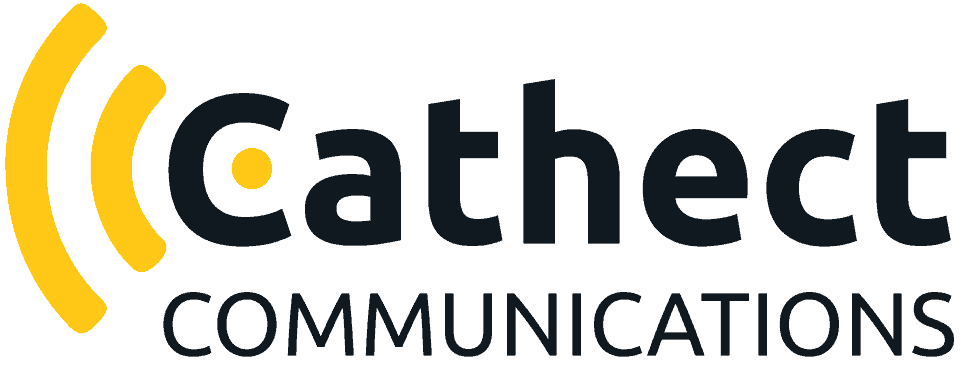
Introduction
The internet has often been hailed as a beacon of free expression and a platform for the exchange of ideas, but it also faces a growing challenge: internet censorship. Around the world, governments and authorities are increasingly implementing measures to control, restrict, and censor online content. In this blog post, we will explore the far-reaching implications of internet censorship on freedom of expression globally and the critical importance of defending this fundamental human right.
Understanding Internet Censorship
Internet censorship refers to the practice of controlling or limiting access to information and content on the internet. Governments, corporations, and institutions may employ various methods to restrict online freedom, including blocking websites, filtering content, monitoring online activities, and even imprisoning individuals who express dissenting views.
The Consequences for Freedom of Expression
Silencing Dissent: Internet censorship is often used to suppress political dissent and criticism of governments, stifling citizens’ ability to express their opinions and hold leaders accountable.
Media Control: Censorship can lead to a controlled media narrative, restricting access to independent journalism and diverse viewpoints.
Chilling Effect: The fear of surveillance and censorship can create a chilling effect, causing individuals to self-censor and refrain from expressing their true thoughts and opinions.
Human Rights Violations: Internet censorship is often accompanied by human rights abuses, including arrests, imprisonment, and even violence against activists and journalists.
Innovation Stifled: Censorship can hinder technological innovation and the growth of online platforms, limiting the free exchange of ideas and creativity.
Global Internet Censorship Trends
Great Firewall of China: China is known for its extensive censorship apparatus, often referred to as the “Great Firewall,” which blocks access to numerous websites and platforms, including major social media networks and news outlets.
Social Media Blocks: Many countries have blocked access to social media platforms during times of political unrest to control the spread of information and organize protests.
Content Filtering: Content filtering and blocking of websites deemed “harmful” or “inappropriate” are common tactics employed by governments worldwide.
Surveillance: Mass surveillance programs allow governments to monitor online activities, often without citizens’ knowledge or consent.
Protecting Freedom of Expression Online
Advocacy and Awareness: Raising awareness about internet censorship and advocating for online freedom are essential steps in protecting this fundamental right.
Advocacy and Awareness: Raising awareness about internet censorship and advocating for online freedom are essential steps in protecting this fundamental right.
Digital Privacy Tools: Encourage the use of digital privacy tools such as VPNs (Virtual Private Networks) and encrypted messaging apps to protect online communications.
Support Online Activists: Support organizations and individuals working to combat internet censorship and protect free expression.
Legal Challenges: Challenge censorship through legal means, both nationally and internationally.
International Pressure: Encourage international organizations and governments to put pressure on countries that censor the internet and violate human rights.
Conclusion
The impact of internet censorship on freedom of expression is a matter of global concern. As we navigate an increasingly interconnected world, it is crucial to defend the principles of free speech and open access to information online. Governments, organizations, and individuals must work together to resist censorship, protect digital rights, and ensure that the internet remains a powerful tool for the free exchange of ideas and the promotion of democracy worldwide.
